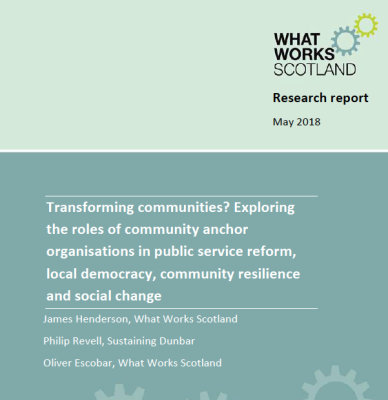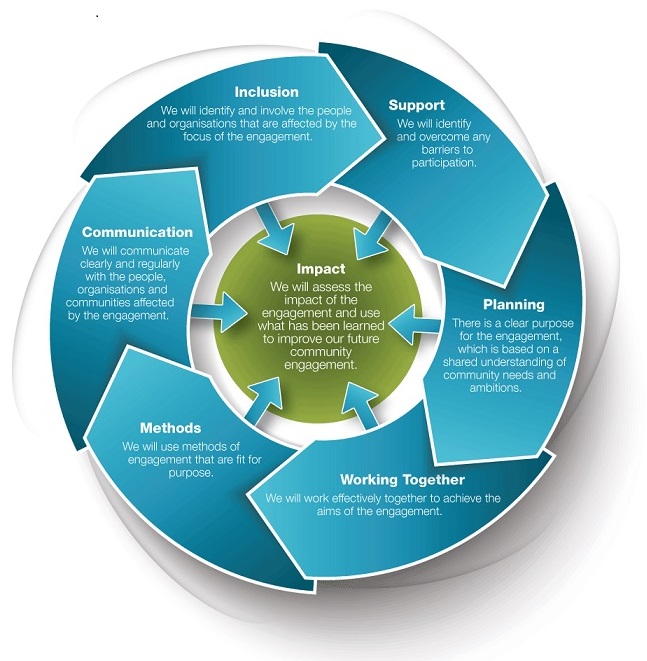
We’re really excited to present the Handbook of Democratic Innovation and Governance, co-edited by Stephen Elstub and I, featuring 38 chapters by 60 authors covering this field of research and practice around the world
The book includes six sections:
- Types of democratic innovation
- Democratic innovations and the democratic malaise
- Actors in democratic innovation
- Democratic innovations in policy and governance
- Democratic innovations around the world
- Research methods for the study of democratic innovation
There are two open access chapters offering an overview of the book, you can read and share for free here:
An introduction to the field of democratic innovation
And a chapter defining and typologising democratic innovations
Thanks to contributors & supporters working with us for 3 years. We share the hope that the book satisfies curiosity & inspires action. Can 2020 turn around the democratic recession by reimagining political life? This is the challenge & opportunity of our generation!
E-books available to purchase from:
Hardback edition for institutional libraries



 Equality and community engagement are central to core policy developments and frameworks that guide current public sector reform: i.e. Christie Commission on the Future Delivery of Public Services; Community Empowerment Act 2015; Fairer Scotland; Convention of Scottish Local Authorities’ Commission on Strengthening Local Democracy.
Equality and community engagement are central to core policy developments and frameworks that guide current public sector reform: i.e. Christie Commission on the Future Delivery of Public Services; Community Empowerment Act 2015; Fairer Scotland; Convention of Scottish Local Authorities’ Commission on Strengthening Local Democracy.
 The Programme for Government 2016/17 included a commitment that the Scottish Government will continue to work with local government and communities on having at least 1% of council budget subject to Community Choices budgeting. The 1% target is also one of five commitments included in the Scottish Government’s Open Government Partnership national action plan published in December 2016.
The Programme for Government 2016/17 included a commitment that the Scottish Government will continue to work with local government and communities on having at least 1% of council budget subject to Community Choices budgeting. The 1% target is also one of five commitments included in the Scottish Government’s Open Government Partnership national action plan published in December 2016.


 Read more about the review and download the Standards
Read more about the review and download the Standards 
